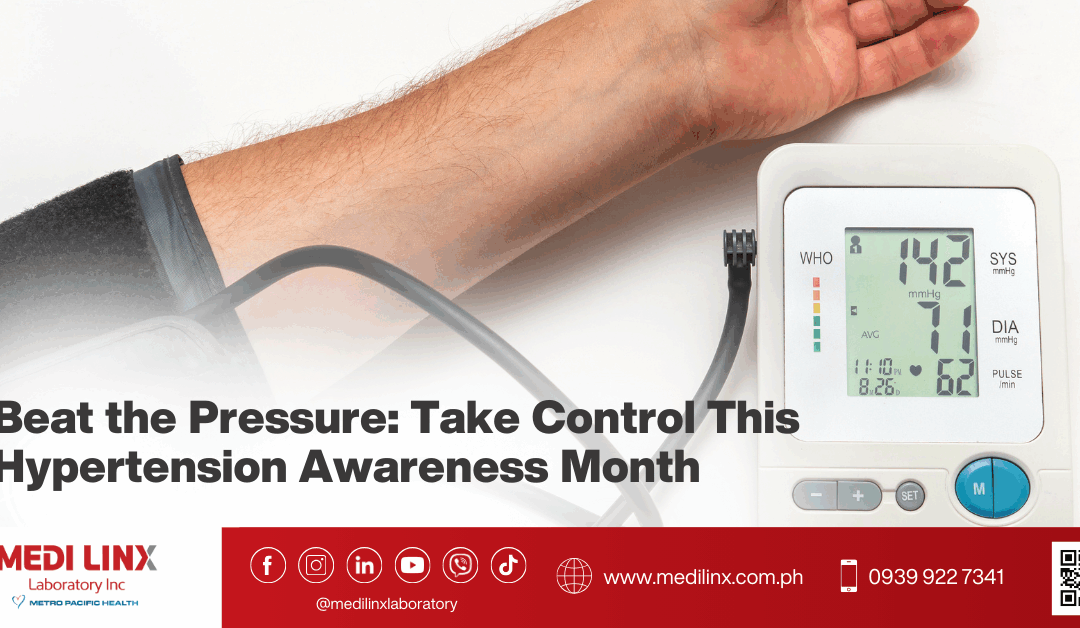February is the time to check one’s heart, learn ways to manage heart disease, and begin keeping one’s heart healthy and alive.
Read the article on finding out some of the most common diseases associated with hearts, getting ready with tips about having healthy hearts, and contemplating taking the whole medical check-up of the heart.
Why Heart Health Matters?
Your heart sends blood circulating 100,000 times daily so that oxygen and nutrients can feed your body tissues. Most individuals pay little or no attention to the warning symptoms of heart ailments until it happens too late.
Heart disease tops the list among the leading death causes worldwide, but the good thing is that prevention is possible in your hands and power.
Difference Between Heart Attack and Cardiac Arrest
Myocardial infarction
It is commonly referred to as a heart attack due to blocked arteries where the blockade does not provide for the blood to reach the heart, thus causing damage.
Cardiac Arrest
The heart fails to contract for an unknown reason due to an electrical malfunction and, if it isn’t resuscitated, leads to a coma and death.
Normal Heartbeat Rate
A healthy, rested heart pumps approximately 60-100 times per minute.
Warning Signs of Cardiovascular Problems
Listen to your body. Possible warning signs that your heart is in danger are these:
- Palpitation of the heart, skipping a heartbeat, or racing of the heart.
- Angina refers to that unease or soreness in the chest.
- Shortness of breath when lightly exercised.
- Constant fatigue or exhaustion without any apparent cause.
A lipid profile test measures your cholesterol levels, which plays a significant role in heart health. Additionally, a Complete Blood Count (CBC) can provide valuable insights into your overall health. Abnormal CBC results may indicate underlying conditions that could impact the heart.
Common Causes of Heart Palpitations
Heart palpitations may be caused by the following:
- Stress and anxiety
- Caffeine and alcohol
- Dehydration
- Overexertion in exercises
- Underlying heart conditions, including arrhythmia
FAQs
What is the most dangerous heart condition?
The worst form of heart disease is heart failure because the heart is not pumping enough blood forward. Other hazardous diseases include heart attacks that obstruct blood supply and lethal arrhythmias, including ventricular fibrillation resulting in cardiac arrest.
What are the causes of heart failure?
Heart failure is commonly due to hypertension and myocardial infarction, lifestyles of being overweight or obese, and smoking.
How can I maintain my heart?
Eat well, exercise regularly, manage stress, and get routine heart screenings. A lipid profile panel test is a good way to check your cholesterol levels. Consider a routine checkup to assess your heart condition in detail.
Take Control of Your Heart Health Today!
Your heart deserves the best care. Look no further than Medi Linx Laboratory, a laboratory in Quezon City. Book an executive check-up with us today, and take the first step on the road to a healthier heart.




